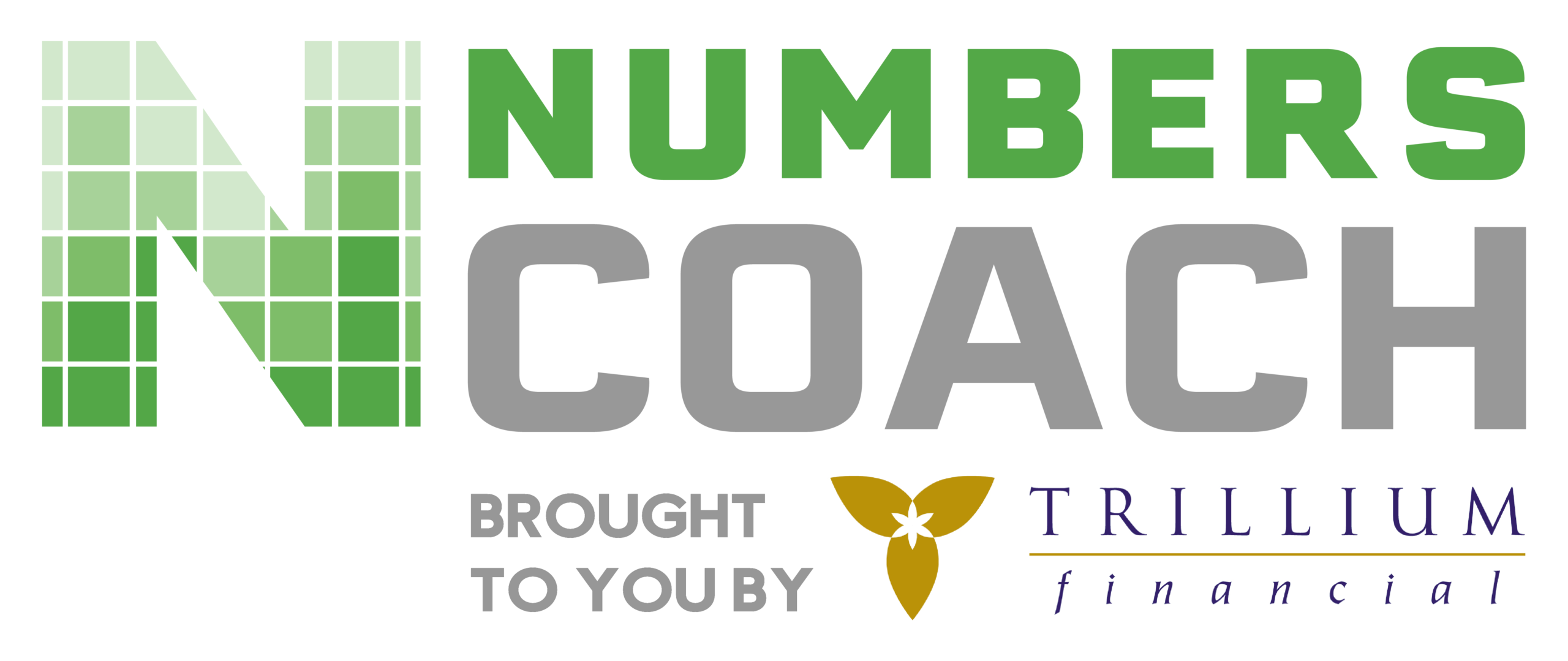by Michael Iverson
One of the most overlooked aspects of selling a business is identifying the right buyer. Some owners never give it much thought, but they should. Finding the right buyer is absolutely fundamental to an exit strategy.
No matter what your objectives are in selling (getting the best price, ensuring a smooth transition for employees, making sure your customers are well-served, etc.), they are most likely to be met when you identify a buyer early.
When you think about selling your business, try to imagine to whom you will sell. Allow me to suggest a few ways to sell a business to your most likely prospective buyers:
- Sell to one or more managers of the business.
An inside sale can be one of the most satisfying ways to sell a business. The business owner knows the character and business strengths of his or her buyer. The buyer has a good understanding of the seller, knows the strengths of the existing operation and the collective work ethic of the employees. - Sell to your employees.
When a business has many long-time employees who believe in the business and its prospects, selling to employees as a group is a good option. An Employee Stock Option Plan (ESOP) can be established as a vehicle to transfer ownership of the business to the employees. This option may take a little longer to put into motion, but it’s achievable for many businesses. - Transfer ownership to a family member.
Some entrepreneurs hope that a child or other family member has an interest in taking over the business. Of course, having an interest is just the first step. Any family member that might take over the business also needs talent, a strong work ethic, sound judgment, and an understanding of the business and its employees. If a family member has been involved in the business for a number of years, this option is a strong possibility. The family needs to determine a financing vehicle that lets the owner “cash out” without disrupting normal business operations. - Sell to a competitor, business partner or vendor.
A competitor, business partner or vendor usually has a strong knowledge of your business and its market. A competitor that is very familiar with your business may understand the immediate, positive impact a purchase would have on his or her existing business, and therefore might be an eager buyer. A competitor buying your business gains new revenue, has an opportunity to consolidate staff, and, could be in a position to raise prices. - Sell to an unidentified buyer through a business broker/investment banker.
It’s also possible to sell a business to a private equity buyer. This can be accomplished by hiring a business broker or investment banker who advertises your business for sale and contacts appropriate buyers. Unlike the potential buyers mentioned earlier, this buyer may have less knowledge about your business or industry. A private equity fund is usually interested in the business as a new stream of cash flow and sees opportunity to enhance the value of the business down the road with the intent to sell it.
When a business partner or vendor is made aware of your desire to sell, don’t be surprised if the initial response is cautious. If the purchase has a synergistic effect with the vendor’s existing business, you might have a potential buyer. However, the benefits aren’t as immediately recognizable as they are to a direct competitor, so a longer lead time may be required.
Entrepreneurs who haven’t planned their exit strategies could find themselves on this path. A private equity buyer generally has the financing lined up so a quick transaction is possible. The business broker / investment banker can help guide the seller through the transaction process, which at times can be very emotional.
In an upcoming article, I’ll discuss the differences between strategic buyers and financial buyers, and the price each is willing to pay for your business.
To discuss the future sale of your business, how to time your exit and maximize your sales price, let us know and we can get the right resources in place for you.
